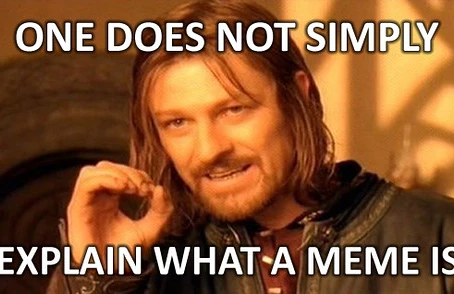Provisions Under Designs Act, 2000
According to Section 14 of this act, a proprietor shall have no right to institute a suit or proceeding in respect of piracy of design or infringement of copyright, which has been committed between the date of expiry and the date of restoration of the design. Section 14 of Designs Act, 2000 reads as follows:
Section 14 – (1) Where the registration of a design is restored, the rights of the registered proprietor shall be subject to such provisions as may be prescribed and to such other provisions as the Controller thinks fit to impose for the protection or compensation of persons who may have begun to avail themselves of, or have taken definite steps by contract or otherwise to avail themselves of, the benefit of applying the design between the date when the registration of the design ceased to have effect and the date of restoration of the registration of the design.
(2) No suit or other proceeding shall be commenced in respect of piracy of a registered design or infringement of the copyright in such design committed between the date on which the registration of the design ceased to have effect and the date of the restoration of the design.
Provisions under Trademark Act, 1999
The Trademark Act, 1999 provides some statutory privileges to the registered trademark holders and at the same time does not deprive an owner of an un-registered trade mark of the right to shield from the defendant’s infringement of the trade mark.
An “un-registered trademark” is one that does not have legal advantages. But in some situations, an unregistered trademark can obtain benefits under common law such as a suit of passing off. Although in Sec. 27 of Trademarks Act, In the case of unregistered trademarks, no action for infringement is permitted but it can be protected by means of a common law tort of passing off. Verbatim of the section being-
Section 27 – (2) Nothing in this Act shall be deemed to affect rights of action against any person for passing of goods or services as the goods of another person or as services provided by another person, or the remedies in respect thereof.
As far as a design under the Designs Act is concerned, it may not be entitled to the statutory rights which a registered trade mark has under the Trademark Act, but it will definitely be entitled to take remedial measures in order to remedy a mistake committed by a defendant by bringing an action for a passing off.
Analysis
Sec 2(1)(zb) of the Trademark Act, 1999 and Sec 2(d) of Designs Act, 2000 state the following definitions respectively-
Section 2 – (1)(zb) “trade mark” means a mark capable of being represented graphically and which is capable of distinguishing the goods or services of one person from those of others and may include shape of goods, their packaging and combination of colors:
Section 2 – (d) “design” means only the features of shape, configuration, pattern, ornament or composition of lines or colors applied to any article whether in two dimensional or three dimensional or in both forms, by any industrial process or means, whether manual, mechanical or chemical, separate or combined, which in the finished article appeal to and are judged solely by the eye; but does not include any mode or principle of construction or anything which is in substance a mere mechanical device, and does not include any trade mark as defined in clause (v) of sub-section (1) of section 2 of the Trade and Merchandise Marks Act, 1958 (43 of 1958) or property mark as defined in section 479 of the Indian Penal Code (45 of 1860) or any artistic work as defined in clause (c) of section 2 of the Copyright Act, 1957 (14 of 1957).
These definitions give scope to overlap between the definition of trademark and designs as both specifically includes shape of goods, packaging, and combination of colors.
Reference can be drawn from the case Crocs Inc. v. Bata India Ltd. and Others where the court held that a registered design cannot constitute a trade mark; however, where there are characteristics other than those which are registered as a design and are seen to be used as a trade mark and where goodwill has been gained, it is only those additional characteristics which can get protection a trade mark. If there has been a copy of registered design, only an action for infringement under the Designs Act would lie.
On the contrary, In the case Micolube India Ltd. v. Rakesh Kumar it was held that “remedy of the passing off in so far as the shape of the article is concerned shall also be available even during currency of the design monopoly or even after the expiry of same to the extent that the claim of the feature of the shape is not covered within the novelty claim under the Design monopoly rights and the said claim of the protection qualifies all the necessary ingredients of the Trade Mark.
Conclusion
A suit for passing off can be instituted under Trademark Act, 1999 based on the plea that, the expired design, which is an un-registered trade mark, was being used by the plaintiff for commercial purposes and that the products and services of the plaintiff had gained a goodwill and reputation found in the minds of the customer by associating the goods and/or services with the said design. To institute such an action, the complainant has to look into the provisions given under Trademark Act which otherwise will not be available under Designs Act.


